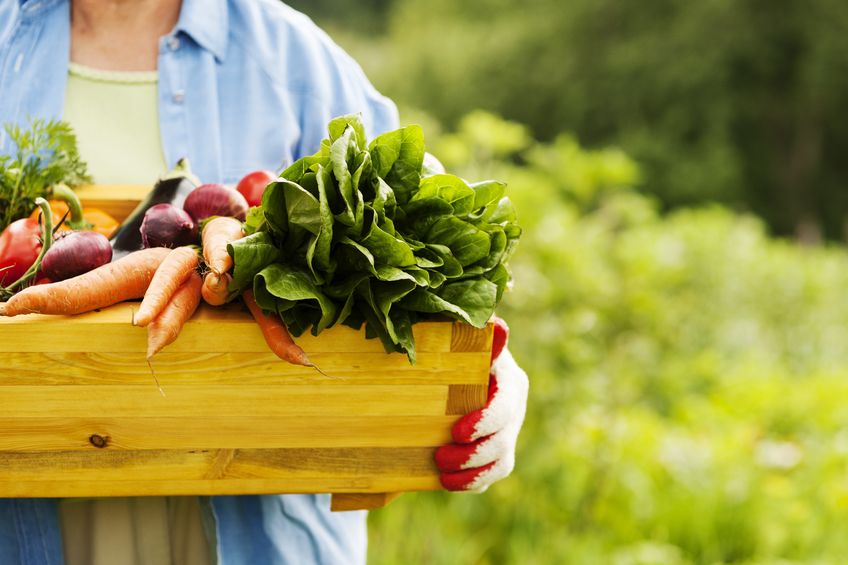
There's no doubt that today's grocery shoppers are looking for more natural foods and beverages—from produce and meats to non-perishables like cereals, macaroni and cheese, and other convenience foods. With the media fanning consumer unease over genetically modified foods, antibiotics in meat, hormones in dairy products and preservatives in packaged foods, it's not surprising that grocery shoppers are leaning more towards purchasing organic and natural foods. But with food manufacturers of all types and sizes answering the call of this trend, grocery stores are awash with products with “organic” and “all-natural” labels. But is the food industry missing the boat on these trends?
The Problem with Shelving Organic and Natural Foods
Simply put, organic and natural foods are costlier to make. This is, at least in part, why the food industry became more mechanized and highly processed as time went on. Using pesticides and other treatments on fruits and vegetables means that farmers lose less of their crop to insects, therefore creating more profits. Stocking foods with a higher shelf life due to being made with preservatives means that grocery stores waste less and are able to sell most—if not all—of their stock before it expires.
Foods that are organic or natural cost more because they are more expensive to grow or make, and they expire more quickly. This higher cost naturally gets translated to consumers, who are paying a higher price for organic foods than their cheaper, more processed counterparts.
Cost vs. Value
Although organic and natural foods cost more, they have proven to be inherently more valuable to consumers. Grocery shoppers see any additional cost as worthwhile exchange for a product that has fewer additives. Today's consumers have become more educated about the health benefits of natural foods, and as a result, are seeking out organic and natural alternatives to the foods they already eat.
While stores may assume that shoppers are having a difficult time justifying the additional cost of natural foods, the reality is that informed consumers are prepared to pay higher prices in order to obtain foods that they believe are better for their families. They see these products as having a higher value, and therefore, are willing to pay more. Many consumers on a budget will plan for certain organic purchases—such as milk, meats and fruits that are free of hormones, antibiotics or other additives they perceive as harmful—and will choose cheaper versions of other products to stay within budget.
Grocery Shoppers Are Consistently Choosing Organic Foods
Keep in mind that grocery shoppers who aren't finding organic or natural foods at the stores they typically shop at are likely to seek these products out elsewhere. While convenience is still critical for the modern consumer, product quality has become a competing priority. Some shoppers may even go to specialty stores that offer a greater selection of organic and natural foods in their efforts to obtain the highest quality products for their families.
Well-known brands are beginning to respond to the upward trend in organic foods and have begun to offer alternatives with fewer preservatives, hormones, and additives in order to meet consumer demand. And in some instances, some categories have been flooded with products that are marketed as “natural” or “organic.” Unfortunately, in an effort to better manage costs—both in production and those that are transferred on to grocery shoppers—some brands and retailers are marketing certain foods as “natural” that may not fit consumers’ exacting standards. And it’s doing these businesses more harm than good as, in a direct result of food brands’ nonchalance with natural and organic claims, consumer advocacy groups have begun to lobby for tightened standards for natural and organic foods.







